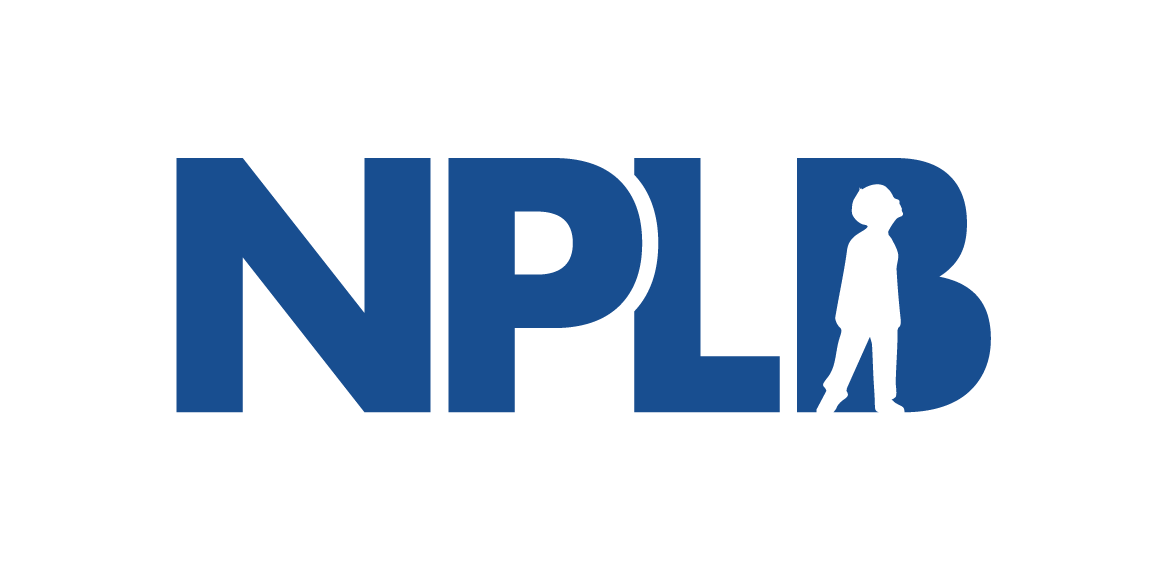
Protect Innovation
Patent-protected periods of market-based pricing are necessary to motivate investors to fund scientists to pursue new cures.
When price-controls override this period of market-based rewards (which averages 13-14 years after a drug launches), investors lose interest in funding risky projects. That’s why patent-periods of market-based pricing must be preserved.
Hundreds of thousands of scientists are funded to invent better medicines because we all pay into insurance that makes the successfully-developed medicines we all value both affordable for patients and profitable for their inventors and their investors. Our society allows these medicines to be patented at first with the expectation that they will eventually go generic and become inexpensive and save us all money.
This framework of insurance and investment enabling affordable innovation exists on a foundation of education, basic science funding, infrastructure, and the rule of law. It can be broken with the wrong policy changes or improved with the right ones.
Most drugs do go generic, which saves society considerable money and spurs innovators and investors to focus on coming up with yet more cures and treatments. But some drugs do not go generic when they should due to patent-gaming or just manufacturing or regulatory complexity. Drug manufacturers that block generic entry deny society the value that is intended from patents expiring and profit from stagnation. Congress should strengthen existing laws and create new regulations that ensure that all medicines go generic without undue delay, which means that prices may sometimes need to be lowered by regulation, but not much sooner than the patent intends.
The Inflation Reduction Act (IRA) unwisely skews R&D incentives.
The price-setting provisions of the IRA favor the discovery and development of large-molecule medicines over small-molecules.
Before the IRA, new treatments averaged 14 years on the market before facing generic competition. This was enough time for companies to generate the profits necessary to incentivize drug development. This system encouraged companies to reinvest their profits into new medicines, providing society with new, inexpensive generics in perpetuity.
Now, under the IRA, Medicare will set the prices for small molecule treatments just 9 years after FDA approval. This truncated reward period makes small molecules less favorable investments than biologics
What arbitrary and early price setting of small molecules means for society:
Small molecule biotech R&D will become uninvestable for diseases of aging.
Cancer innovation will be hit particularly hard
Higher costs for society because small molecules pills are cheaper to manufacture, administer, & copy than large molecule shots.
and much more…
Advocates, industry, and investors agree.
Most drugs do go generic.
For those that don’t or can’t, either due to patent-gaming or just manufacturing or regulatory complexity, Congress should strengthen existing laws and create new regulations that ensure all medicines go generic without undue delay.
Our Solution
Restore parity between large and small molecules at 13 years.
Protect small molecule innovation in cancer and other diseases of aging. Treat small and large molecules the same. Introduce price setting for both after 13 years.
Pay-for can be deeper discounts on more drugs after 13 years.
Pay for restoration of parity by forcing deeper discounts on more drugs after 13 years. Increasing the minimum discount from 35% to 42% is revenue- neutral and does not impact innovation, so long as impact of “negotiation” price sets in after 13 years.
RELATED RESOURCES
The IRA makes new small molecule biotech R&D uninvestable for diseases of aging.
By price-setting small molecule medicines after only 9 years on the market, the Inflation Reduction Act discourages early-stage funding of future cures. The law’s disparate treatment of small and large molecules will warp R&D and result in fewer new treatments for cancer and other diseases of aging.
MEMO: Impact of H.R. 6166 on Massachusetts Economy and Patients
The newly introduced Lowering Drug Costs for American Families Act is framed as a “win” for patients, but it would provide minimal real savings at the pharmacy counter. Instead, it would stall progress on life-saving new cures, increase long-term health spending, and severely weaken Massachusetts’ world-leading life sciences bioeconomy.
While the bill includes helpful out-of-pocket (OOP) caps, it ties them to an expansion of government price-setting that weakens incentives for high-risk medical R&D and harms innovation.
We’re building support across the biotech ecosystem
BECOME A FIRST RESPONDER & THOUGHT PARTNER
Sign up to receive action alerts. Help protect access to lifesaving medicines & preserve innovation for those still waiting for a cure.






















